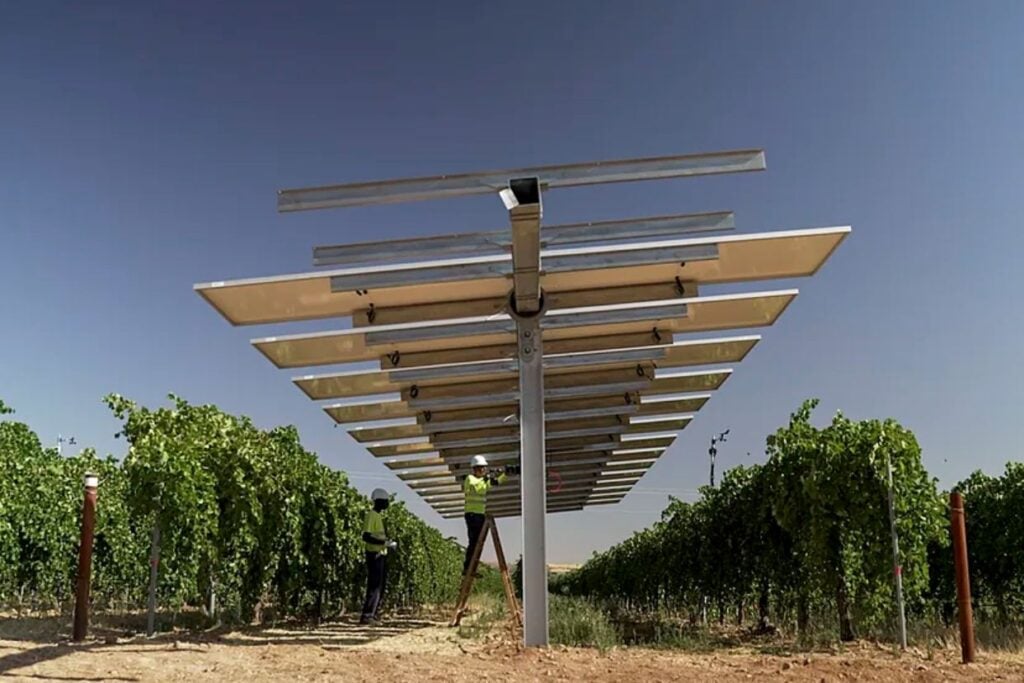PVH to provide trackers for 157MW Viranşehir solar project in Turkey

Tracker manufacturer PV Hardware (PVH) will provide trackers for Kalyon Enerji’s 157MW Viranşehir project in Turkey.
PVH noted that it will supply its AxoneDuo Infinity trackers to the project, which it launched in February. These trackers have a low number of motors and controllers, enabling them to be linked or configured in a number of layouts, making them easy to deploy on undulating terrain.
This deal is the manufacturer’s latest investment into the Turkish solar sector, where it claims to have influence over 95% of the Turkish solar tracker market. The Viranşehir project is a collaboration between PVH and Kaylon, and US manufacturer GE Vernova, which agreed to supply its Flexinverter power station, alongside design and engineering services, to the project in May this year. The companies are also working with local manufacturing partner Inojen Enerji at the project.
“PVH is thrilled to contribute to Kalyon PV’s visionary project in Viranşehir,” said Alvaro Casado Portuondo, chief revenue officer of PVH Middle East. “Our advanced AxoneDuo Infinity tracking systems are designed to provide the highest efficiency at lower costs with pre-assembled delivery and reliability of solar power installations.”
Electricity from the project will be used to power Kaylon’s 2GW solar module production facility, also in Turkey, and should the project be realised, this will be the first example of a company in Turkey producing solar panels using 100% renewable energy. Ensuring the production of renewable energy technologies, such as solar panels, is itself a zero-carbon process is a growing concern for the solar industry, with NexWafe CEO Davor Sutija writing for PV Tech earlier this year that there can be “a high level of embodied carbon” in many finished solar wafers.
The news follows Kalyon’s receipt of a €249 million (US$272 million) loan from UK and Polish export credit agencies earlier this week, to support the development of what will be Turkey’s second-largest solar project. Investments such as these will be integral to Turkey realising its climate targets, with the government aiming to commission 10GW of solar capacity in the decade up to 2027.
According to TEİAŞ, the Turkish transmission system operator, wind and solar’s share of the country’s total energy mix has increased steadily in recent years, from 6.97% in 2017 to 16.35% in 2023. However, coal still accounted for 36.61% of the Turkish energy mix last year.
